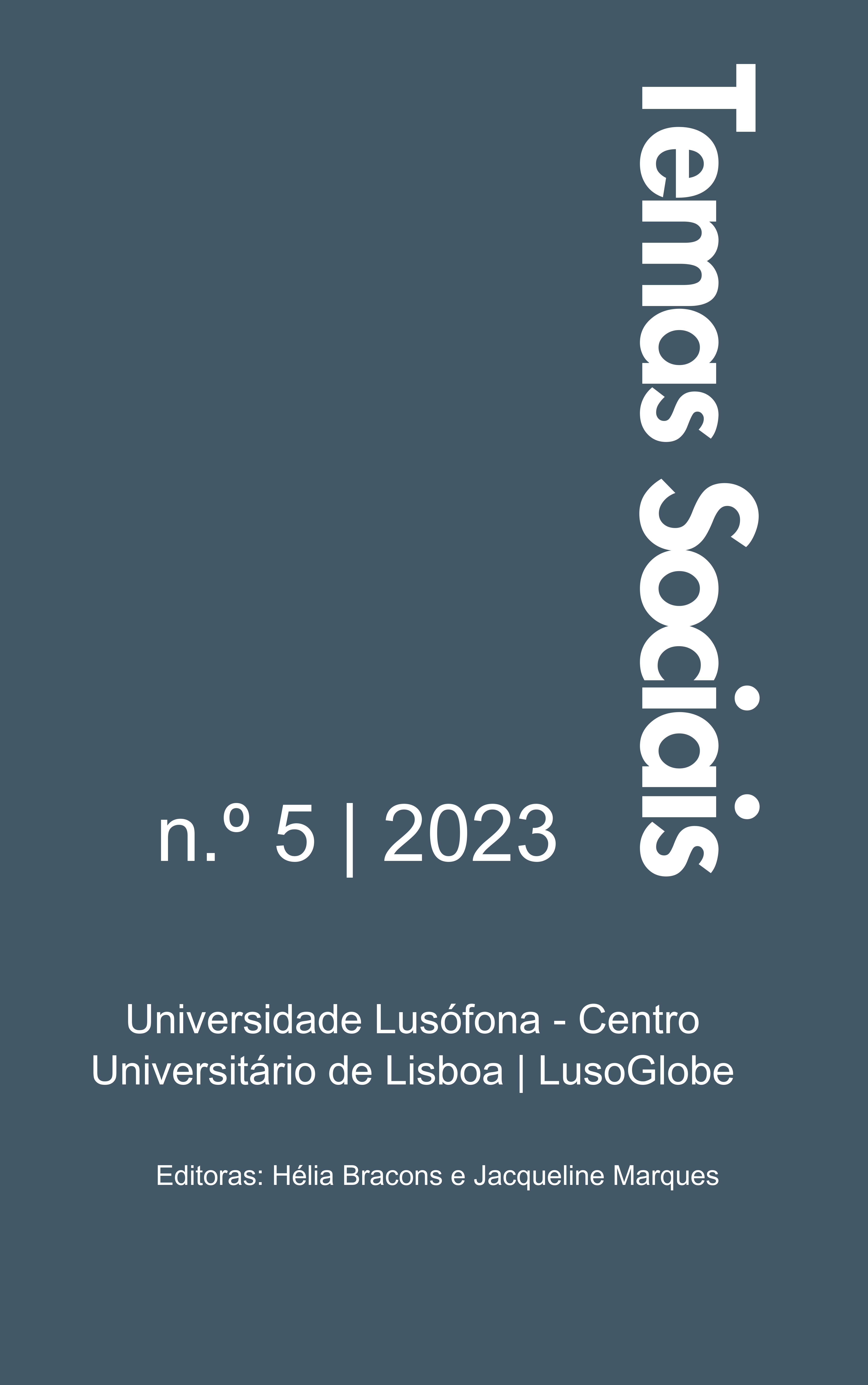O Impacto da Liderança no Desempenho Organizacional em Contexto de Pandemia Caso de estudo da Residência Sénior Avós Arco-íris
https://doi.org/10.53809/TS_ISS_2023_n.5_65-83
Resumo
Este estudo procura compreender o impato da liderança no desempenho organizacional de uma estrutura residencial para pessoas idosas (ERPI), em contexto pandémico, através da análise de informação e emoções transcritas pelos membros intervenientes na investigação, e o grau de satisfação das ajudantes de ação direta (AAD’s) perante a liderança da instituição. Foi adotada uma abordagem metodológica mista, com base conceptual no enquadramento teórico desenvolvido num caso de estudo. Que resulta na seguinte questão: Com o impacto da crise pandémica, o papel do lider da ERPI é considerado significativo na influência e motivação dos colaboradores? Com base nos dados obtidos, conclui-se que foi adotado o estilo de liderança democrática, dado o contexto pandémico, e as adversidades vividas. A direção técnica teve um papel fundamental no bem-estar geral da instituição, em tempos conturbados, constatou-se união do grupo multidisciplinar com um objetivo comum, o bem-estar do idoso.
Palavras-chave: Liderança; Equipa; Pandemia; Motivação; Instituição.
Downloads
Política de Acesso Aberto
A Revista Temas Sociais é uma revista de acesso aberto, que disponibiliza os seus conteúdos de forma livre, gratuita e imediata, com o objetivo de promover a circulação do conhecimento científico e o intercâmbio académico a nível nacional e internacional.
Ao submeterem os seus trabalhos, os/as autores/as autorizam a publicação, difusão e comunicação pública dos mesmos no âmbito da revista, mantendo a responsabilidade integral pelo conteúdo dos manuscritos apresentados.
Direitos de Autor
Os/as autores/as mantêm os direitos de autor sobre os seus trabalhos, concedendo à Revista Temas Sociais o direito de publicar, reproduzir, divulgar e arquivar os conteúdos, em formato digital, no âmbito da sua política editorial e de acesso aberto.
A reutilização dos conteúdos publicados deve respeitar as condições estabelecidas pela revista e a legislação em vigor em matéria de direitos de autor.
Código Ético e Boas Práticas
A Revista Temas Sociais assume um compromisso com os princípios éticos da investigação e da publicação científica, promovendo a integridade académica, a transparência editorial e a igualdade de oportunidades no acesso ao conhecimento. Para esse efeito, adota o seguinte Código Ético e de Boas Práticas:
-
Os textos submetidos devem ser originais, inéditos e de exclusiva autoria do(s)/da(s) autor(es)/as, não podendo ter sido previamente publicados, difundidos ou submetidos a outra revista.
-
Os/as autores/as são responsáveis por obter todas as autorizações necessárias à publicação dos seus trabalhos, devendo indicar corretamente as fontes e referências utilizadas.
-
Os trabalhos resultantes de investigação financiada por entidades externas devem assegurar, quando aplicável, a autorização para a divulgação dos respetivos resultados.
-
Todos os manuscritos submetidos são sujeitos a verificação de plágio, através da ferramenta de deteção em vigor na Universidade Lusófona – Centro Universitário de Lisboa.
-
Os artigos recebidos são avaliados por revisores/as especialistas na área temática, em regime de avaliação por pares com dupla anonimização (double-blind peer review), garantindo-se o anonimato do(s)/da(s) autor(es)/as e dos/as avaliadores/as ao longo de todo o processo.
-
Os trabalhos que envolvam participantes humanos devem assegurar o consentimento informado, o respeito pela confidencialidade dos dados pessoais e, quando aplicável, a obtenção de parecer favorável de uma Comissão de Ética.
-
A autoria dos trabalhos deve refletir exclusivamente as pessoas que contribuíram de forma intelectual significativa para a conceção e execução da investigação, análise dos resultados, redação do texto e aprovação da versão final do manuscrito.



